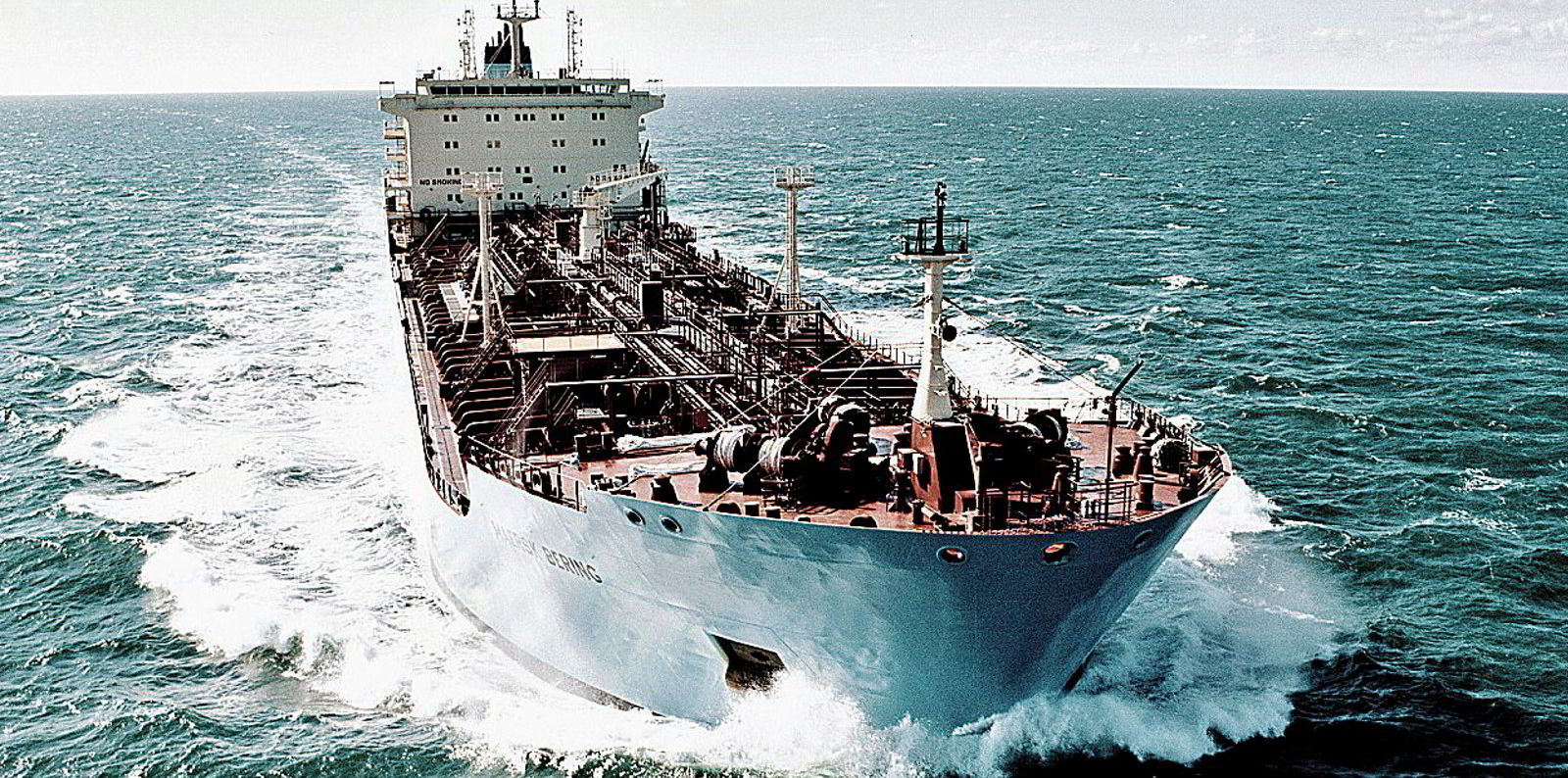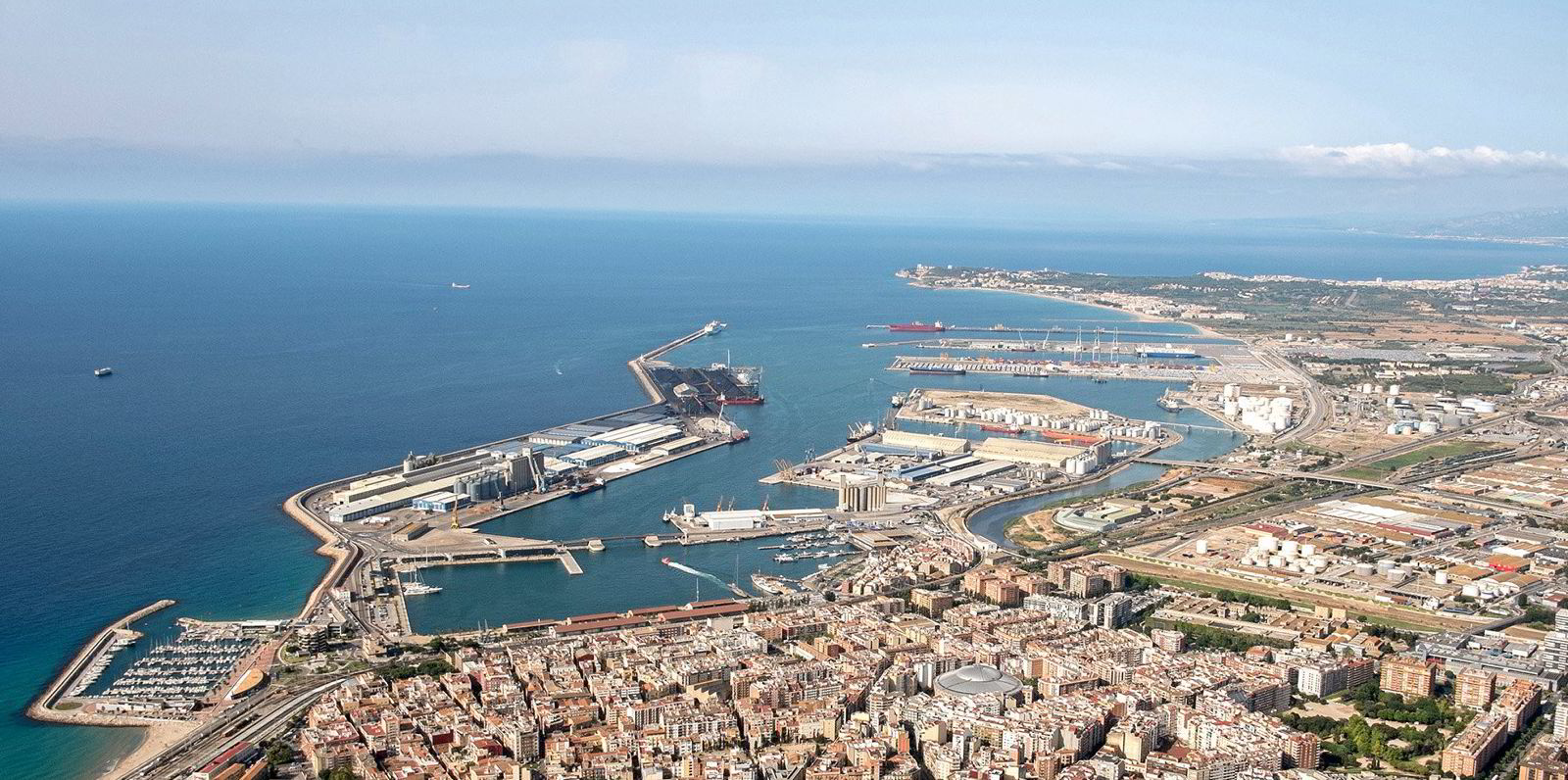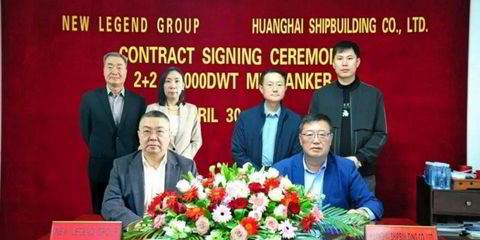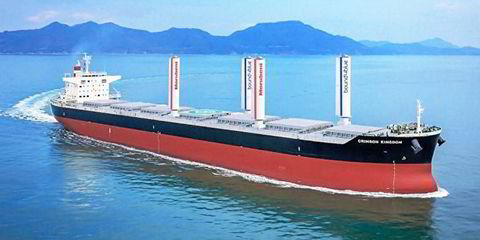The Maersk Tankers vessel barred from a Spanish port in a Russian sanctions dispute will unload its cargo outside of Europe, the Danish company has confirmed.
The 51,600-dwt Maersk Magellan (built 2010) left Tarragona on Tuesday with a cargo of vacuum gasoil after the Spanish authorities ruled that any delivery would breach European Union sanctions.
Maersk Tankers, a tanker pool, said the cargo was of Turkish origin. But the oil was originally loaded onto a tanker that had previously sailed under the Russian flag.
The Spanish shipping ministry said that amounted to an attempt to “circumvent the prohibition” levied against Russia.
The Maersk Magellan was heading towards Greece late on Tuesday while the pool awaited the charterer’s instructions on the next stop. “Europe is not an option,” said a company spokesperson.
Christian Kjoller, head of legal compliance at Maersk Tankers, said: “The decision by the Spanish authorities led us to revisit the voyage.
“We are consulting external expertise to ensure that everything is handled according to the sanction regulations against Russia.
“Ahead of any operation, we do a compliance check but we want to make sure we have the full picture and are taking the right measures.”
The case highlights the scale and complexity of the largest sanctions programme imposed against a major economic power.
Maersk Tankers said the cargo was originally loaded at Aliaga, Turkey, on 28 January to the Seychelles-owned 46,100-dwt Nobel (built 1997). It was sailing at the time under the flag of Cameroon after switching from Russia on 1 July.
It transferred the cargo to the Vietnamese-owned 108,900-dwt Elephant (built 2007) before it was moved again to the Maersk Magellan in a ship-to-ship (STS) transfer in the Alboran Sea off the Spanish Mediterranean coast on 6 February.
The area has become popular for STS transfers of Russian crude to larger vessels, which then haul the cargoes to Asian markets, predominantly India and China.
Authorities have taken some action to limit the STS activity at the Mediterranean gateway to Europe, with Spanish port bodies reportedly warning EU companies involved in cargo transfers about the risks of breaching sanctions.
Henning Gloystein, director of energy, climate & resources at political risk consultancy the Eurasia Group, told TradeWinds last week that the issue had been raised at Nato and the European Commission.
The Elephant was detained on Tuesday at the north-western Spanish port of Ferrol, according to the database of the Paris MoU on Port State Control. The reason for the detention was not immediately clear.





